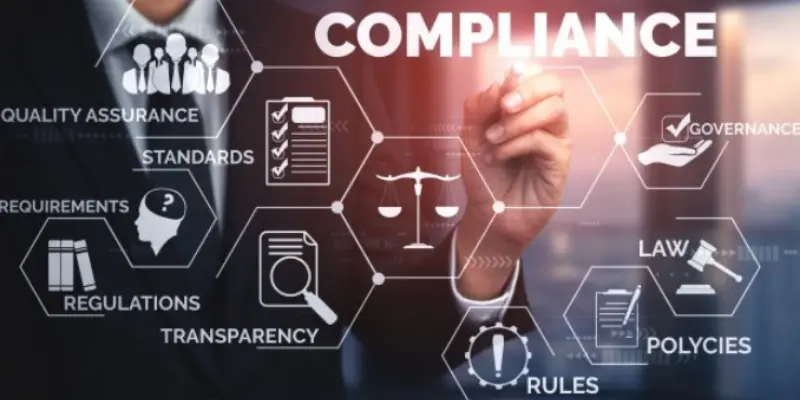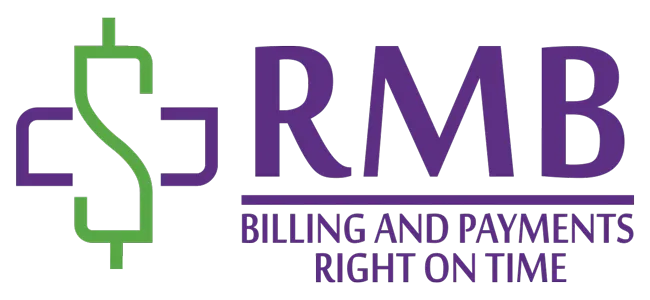Medical Billing HIPAA Compliance: All You Need to Know
The Health Insurance Probability and Accountability Act of 1996 or the HIPAA was developed (PHI). The HIPAA (1996) contains the Data Control Laws, the Safety Rules, and the Warning Rules on Violations. The privacy rule allows PHI to be covered by regulation by agencies dealing with personal health information, such as health care services and medical billing companies.
The privacy rule also sets restrictions for the use of this PHI (HIPAA, 1996). The Security Regulations were introduced with the advent of technology and electronic means of storing PHI, mandating electronic personal health information security requirements. If a violation should occur, the legislation currently requires the Minister of Health and Human Services to disclose it.
Ways To Ensure Medical Billing Office Complies with HIPAA

While HIPAA is complicated and continually updated, healthcare professionals and workers need to be aware of the rule. Some ways to guarantee that the office complies with HIPAA are:
1. Notice Posting
HIPAA needs patients to have readable links to the notifications, which can be made accessible at the time of arrival at the provider’s website and are displayed on their offices. Ensure that all the headquarters employees send copies of HIPAA updates to all people when they arrive in the workplace. Present a HIPAA note in an office location, which is easy for people to view and learn.
2. Training of Workers
All employees need to be trained and up to date with HIPAA rules and regulations, whether they are only starting up or long-lasting employees. For the office workers, daily training would be perfect.
Today’s healthcare is continually electronically assisted, with the need for paper health records on the way. Providers are expected to secure vulnerable ePHI under the security law. That refers not only to the provider’s office but to any ePHI organization such as clearinghouses, medical billing firms, and insurance plans.
There are a large number of EHR programs that enhance practice billing compliance with HIPAA. Our team strongly recommends finding an EHR compatible with HIPAA that serves as a provider to your personal needs. As a provider, you also need to partner with a medical billing firm that values the importance of HIPAA.
Who Must Comply With HIPAA Compliance?
There are two kinds of organizations that must comply. The organizations that are covered include:
- Hospitals
- Doctor offices
- Health stores
- Health care, payment, and insurance companies. Insurance companies.
- HIPAA also has to be complied with by business partners of the covered companies that provide technologies that receive, transmit or store PHI data. That comprises
Cloud-based SaaS for Healthcare Professionals
- Companies that process medical data analytics
- Doctor-patient conversation applications
- Services of medical transcript
What Are The Advantages Of Compliance with HIPAA?
1. Reduce Accountability
Doctors can handle virtual media without fear of violating their patients’ confidentiality — or being sued if their patients’ medical information has not been held confidential.
2. Preventing Fraud in Healthcare
HIPAA set up a comprehensive fraud detection program. For instance, HIPAA forbids charging for treatments that have not been carried out, falsifying diagnoses to justify procedures that are not appropriate for medical use, or using incorrect methods for paying for non-insured services.
3. Establish Patient Trust and Credibility
Compliance with HIPAA would encourage you to proactively safeguard patients’ medical records and personal information using the current data management practices.
4. Shield From Expensive Penalties
Paying fines for non-compliance would use funds to advance the practice. However, complying means that the procedure would not be punitive if and when a violation occurs.
5. Enable One-stop Shops for Medical Needs
Both doctors and patients can use the app or portal to interact directly, dispensing treatment, access and enter medical data, and update HIPAA-compatible prescription services. Compliant platforms make the coordination, billing, and data storage of therapy, without fear of HIPAA violation, much more straightforward for healthcare professionals.
All documents we send, retain, and create for our customers are stored on a secure, off-site storage server at Right Medical Billing. All our office workers are trained and informed about current HIPAA activities and aim to keep our office compliant. We notify our providers about potential safety violations and possible improvements to ensure better compliance with the HIPAA.
Violations of HIPAA are no joke and a small matter. Violators will be fined up to $1.5 million and face prison terms of up to ten years. To prevent such consequences, you must work with your employees to make sure you work with a medical billing company that values security and compliance.




